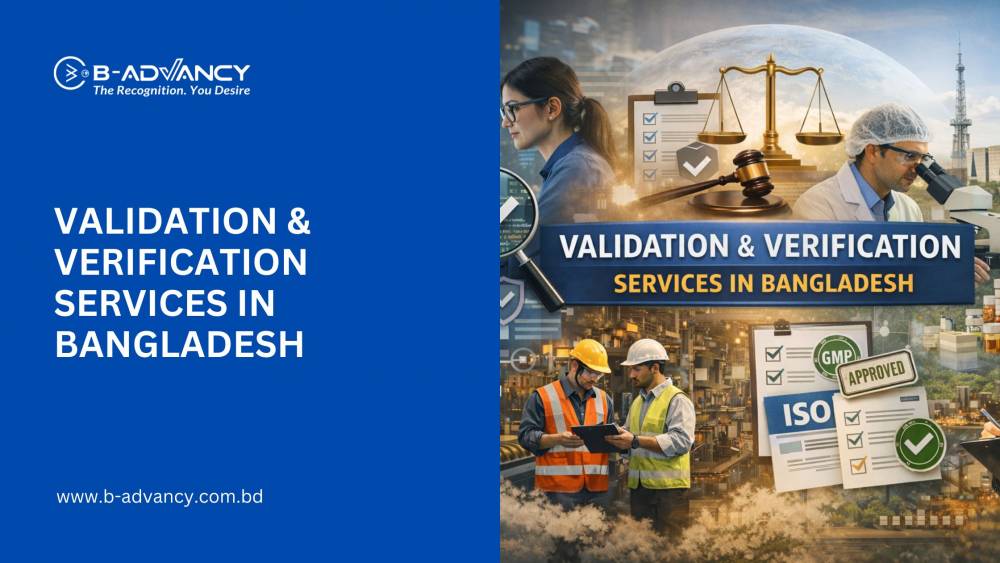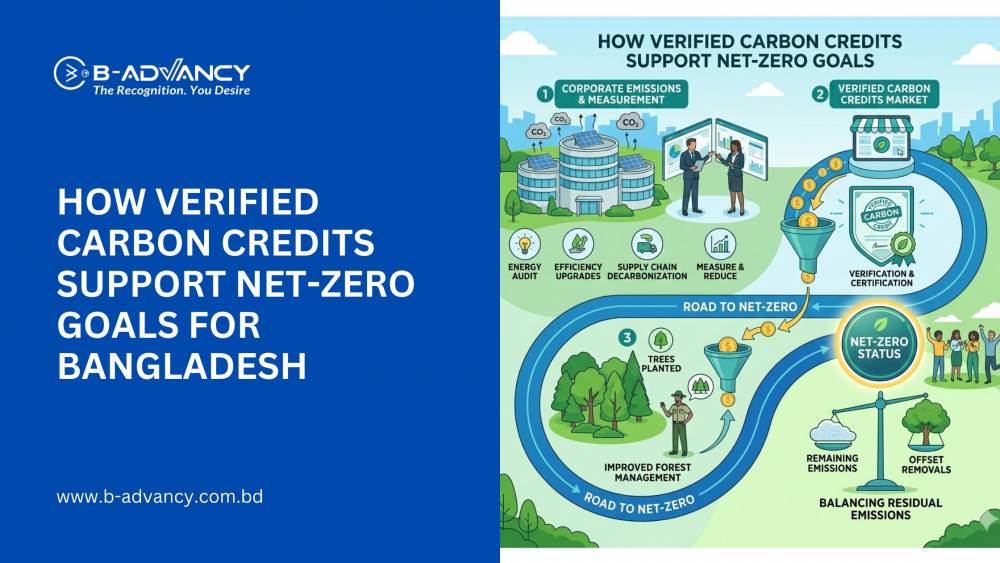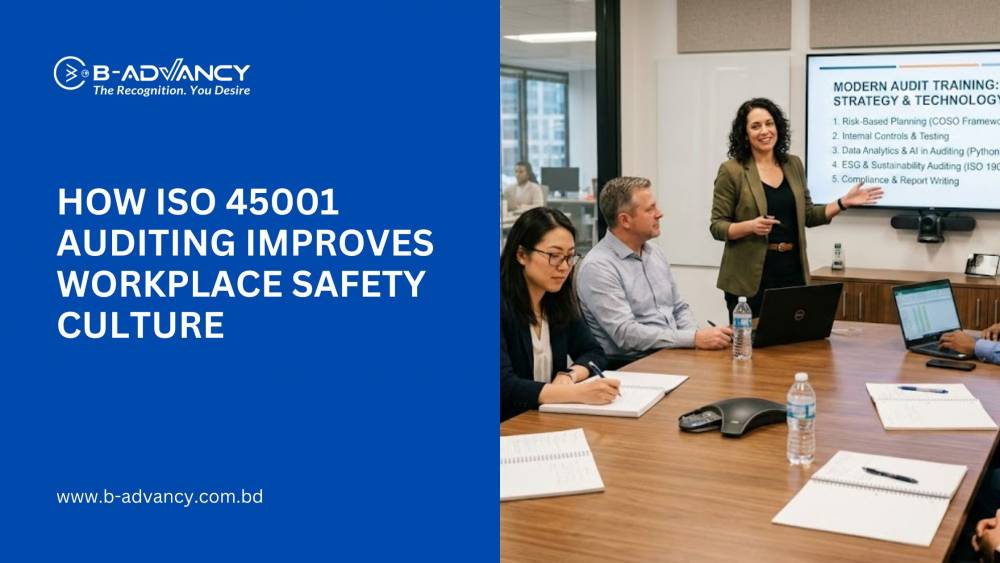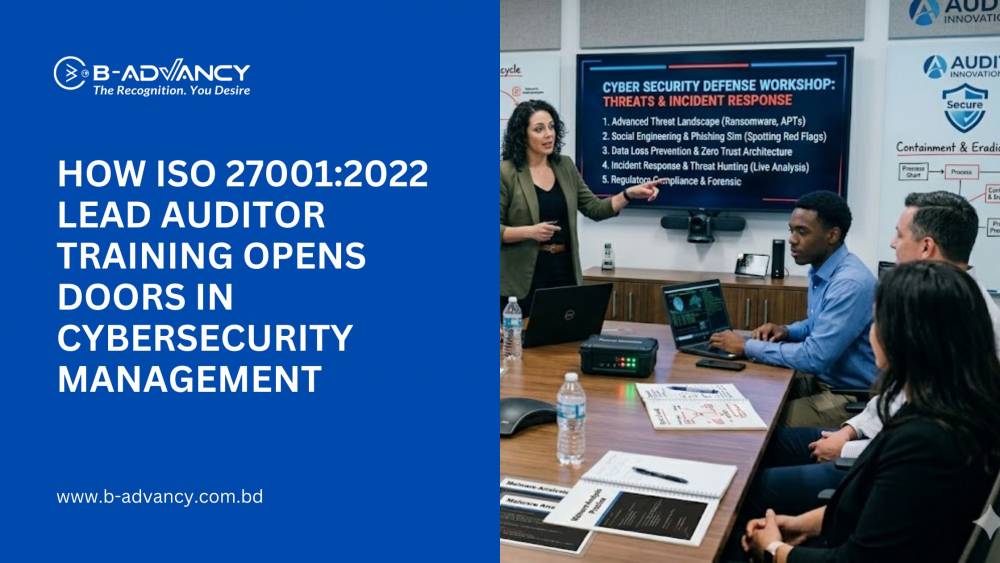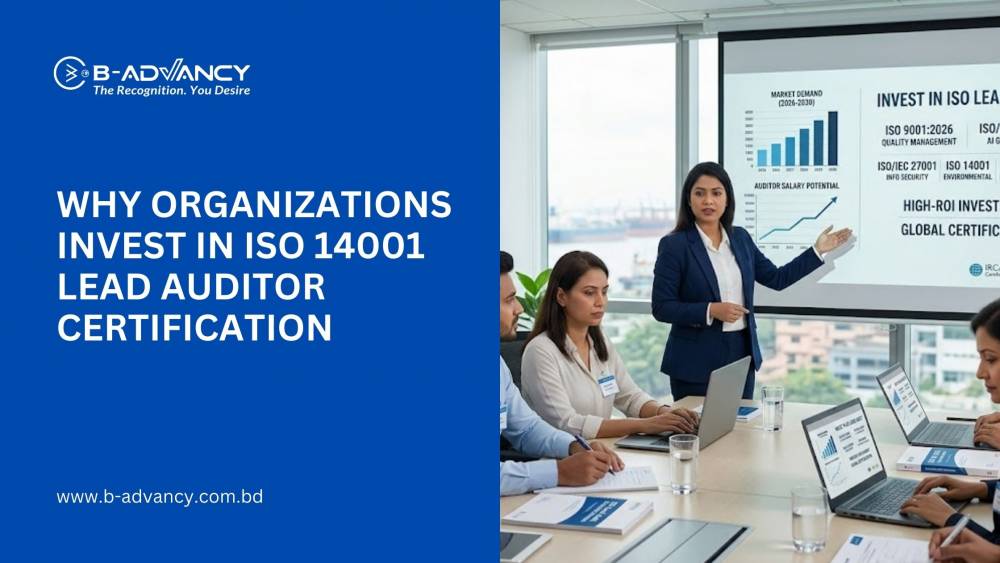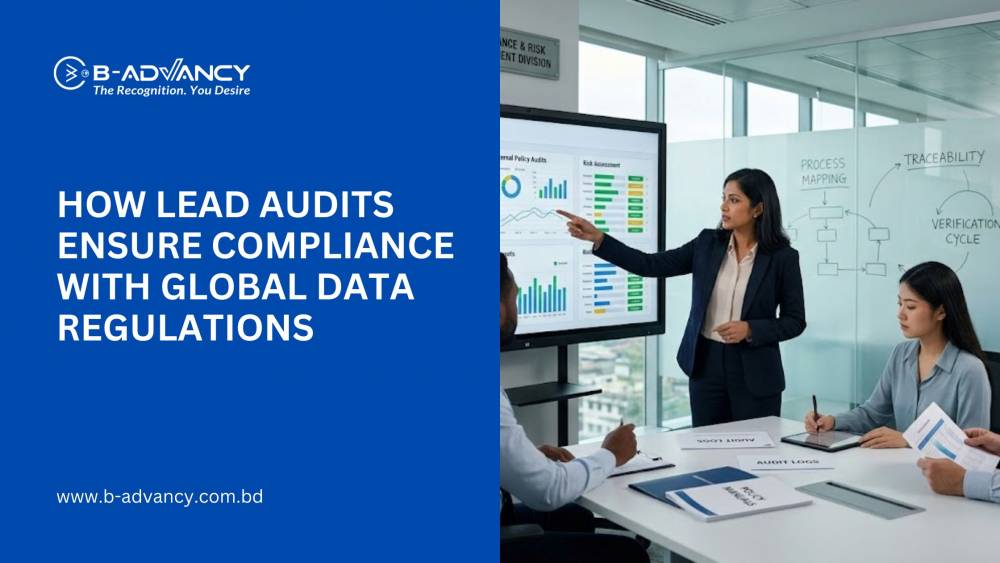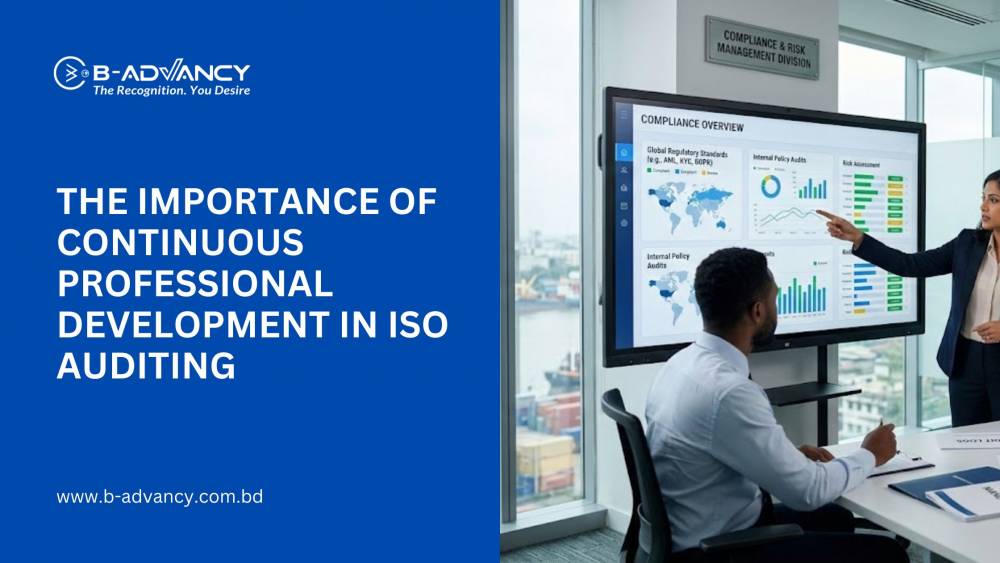In Bangladesh, the iron and steel industry plays a crucial role in the country's infrastructure development, with iron rolling mills being a significant part of this sector. As the demand for high-quality steel products grows, so does the need for maintaining stringent quality, safety, and environmental standards. ISO certification provides a globally recognized benchmark for excellence, helping iron rolling mills meet these challenges. In this blog, we will discuss the importance of ISO certification for iron rolling mills in Bangladesh, the specific ISO standards that apply, the benefits of certification, and how you can begin your certification journey with B-ADVANCY Certification Limited.
What is ISO Certification and Why is it Important for Iron Rolling Mills?
ISO certification is an endorsement from the International Organization for Standardization (ISO) that a company adheres to internationally recognized management system standards. For iron rolling mills, ISO certification demonstrates a commitment to quality, safety, environmental management, and operational efficiency. This can enhance credibility, ensure regulatory compliance, and improve market competitiveness.
In Bangladesh, iron rolling mills are vital for producing steel used in construction, manufacturing, and infrastructure projects. ISO certification can help these mills achieve consistent product quality, reduce operational risks, and align with global standards, making them more competitive both locally and internationally.
Key ISO Standards for Iron Rolling Mills
Several ISO standards are particularly relevant for iron rolling mills in Bangladesh:
ISO 9001:2015 - Quality Management Systems
ISO 9001:2015 provides a framework for a quality management system that ensures products consistently meet customer and regulatory requirements. For iron rolling mills, this standard helps optimize production processes, reduce defects, and enhance customer satisfaction.
ISO 14001:2015 - Environmental Management Systems
Iron rolling mills have a significant environmental impact, particularly in terms of energy consumption, emissions, and waste. ISO 14001:2015 helps mills manage their environmental responsibilities by promoting sustainable practices, reducing waste, and minimizing pollution.
ISO 45001:2018 - Occupational Health and Safety Management Systems
The iron and steel industry is inherently hazardous, with risks of workplace injuries and accidents. ISO 45001:2018 focuses on creating a safe working environment by identifying and mitigating potential hazards, ensuring the safety and well-being of employees.
ISO 50001:2018 - Energy Management Systems
Energy efficiency is critical for iron rolling mills, where energy consumption is a major operational cost. ISO 50001:2018 provides a framework for managing and optimizing energy use, leading to reduced operational costs and a smaller carbon footprint.
ISO 31000:2018 - Risk Management
ISO 31000:2018 offers a structured approach to identifying, assessing, and managing risks that could impact business operations. For iron rolling mills, this standard helps mitigate risks related to production, safety, and supply chain disruptions.
Benefits of ISO Certification for Iron Rolling Mills in Bangladesh
Improved Product Quality and Customer Satisfaction
ISO certification helps ensure that steel products meet high-quality standards consistently. This not only enhances customer satisfaction but also reduces the likelihood of defects and recalls, protecting the company’s reputation.
Enhanced Operational Efficiency
Implementing ISO standards allows iron rolling mills to streamline processes, reduce waste, and minimize errors. This results in cost savings, increased productivity, and better use of resources.
Stronger Compliance and Risk Management
ISO standards help mills comply with local and international regulations, particularly in areas like environmental protection and occupational health and safety. They also provide a framework for managing risks, reducing the chances of operational disruptions.
Increased Market Competitiveness
ISO-certified iron rolling mills are often seen as more reliable and trustworthy, which can be a significant competitive advantage. Certification can attract new customers, partners, and investors, both locally and internationally.
Facilitation of International Trade
ISO certification aligns iron rolling mills with global standards, making it easier to enter and compete in international markets. This is particularly important for Bangladeshi mills looking to expand their export potential.
Steps to Achieve ISO Certification for Your Iron Rolling Mill
Achieving ISO certification involves several key steps:
Initial Assessment and Gap Analysis
Begin by assessing your current processes against the requirements of the relevant ISO standard. Identify gaps and areas needing improvement to meet the certification criteria.
Develop and Implement a Management System
Design and implement a management system that complies with the chosen ISO standard. This may involve documenting processes, setting objectives, and training employees on new procedures.
Internal Audit and Management Review
Conduct internal audits to ensure your management system is effective and compliant. Regularly review the system with top management to address any issues and drive continuous improvement.
Select a Certification Body
Choose a reputable certification body, such as B-ADVANCY Certification Limited, to conduct an external audit. Prepare thoroughly for this audit to demonstrate compliance with the ISO standard.
Achieve Certification and Commit to Ongoing Improvement
After a successful audit, you will receive ISO certification. It’s important to maintain and improve your management system to retain certification and continue reaping the benefits.
Challenges in Implementing ISO Standards
While ISO certification offers numerous advantages, implementing these standards can pose challenges, including:
Resistance to Change
Employees may resist changes to established processes, especially in long-standing operations. Effective communication and training are crucial to help staff understand the benefits of ISO certification.
Cost and Resource Allocation
The costs associated with certification, including consulting, training, and auditing, can be significant. However, the long-term benefits of ISO certification, such as improved efficiency and marketability, often justify these initial expenses.
Documentation and Process Management
Maintaining comprehensive documentation can be time-consuming but is essential for successful certification. A well-organized documentation system is key to demonstrating compliance during audits.
B-ADVANCY Certification Limited can guide you through these challenges with expert support, making the certification process more manageable and efficient. To contact them: Email: bangladesh@b-advancy.com | Call: +8801612264559
Conclusion
ISO certification is more than just a credential for iron rolling mills in Bangladesh; it is a strategic investment that can significantly enhance product quality, operational efficiency, and market competitiveness. By aligning your processes with internationally recognized standards, your business can achieve consistent product quality, improve customer satisfaction, and gain a competitive edge in both local and global markets. While the certification journey may present some challenges, the long-term benefits far outweigh the initial efforts.






























































































































































































